Microplastics are an existential threat to human health
Discover the Power of BYE, MICROPLASTICS AI, the App That Empowers You to Detect Hidden Microplastics in Everyday Personal and Household Products, With Instant AI-Powered Insights.

Human Body Impact
Brain
Microplastics can penetrate the blood-brain barrier, causing inflammation and neurological damage. Protect your brain by avoiding hidden microplastic sources.
Lungs
Kidneys
Breast Milk
Placenta
Why Choose Bye, Microplastics AI?
Empowers Eco Health Conscious Consumers
Instantly scan products and avoid harmful microplastics.
Unmatched Accuracy with AI
Detect disguised microplastic components names compounds with cutting-edge AI.
Educational Insights
Learn the health and environmental impacts of microplastics.
Join the Movement
Be part of a growing community reducing microplastic exposure.
Transparency and Trust
Demystify ingredient labels to make informed choices.
Eco-Driven Impact
Designed with sustainability at its core, it’s solutions help reduce pollution.
Environmental Truths
Bottled Water

93% of bottled water contains microplastics.
Facial Scrub

Synthetic Textiles

35% of microplastics in oceans come from synthetic textiles.
Plastic

Biodergradable

App Features
AI-Powered Analysis
Advanced OCR detects microplastics
Risk Assessments
AI-managed insights to reduce exposure risks.
Science-Based Education
Learn the health risks of microplastics.
Empowerment Tools
Empowerment Tools
Explore, Learn, and Act: Insights on Microplastics
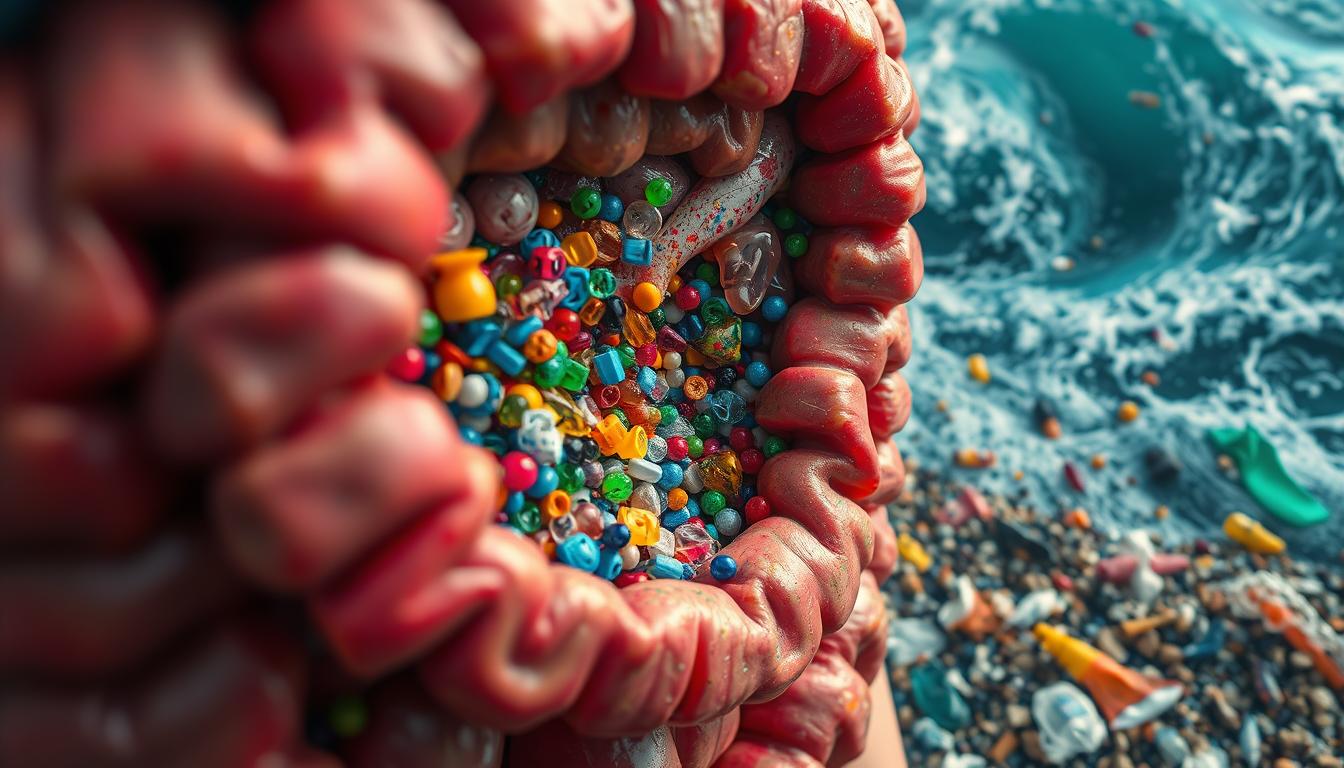
Microplastics in Humans: Exploring the Unseen Health Impacts
As you go about your daily life, you might not know about the microplastic bioaccumulation in humans happening inside you. This is due to the
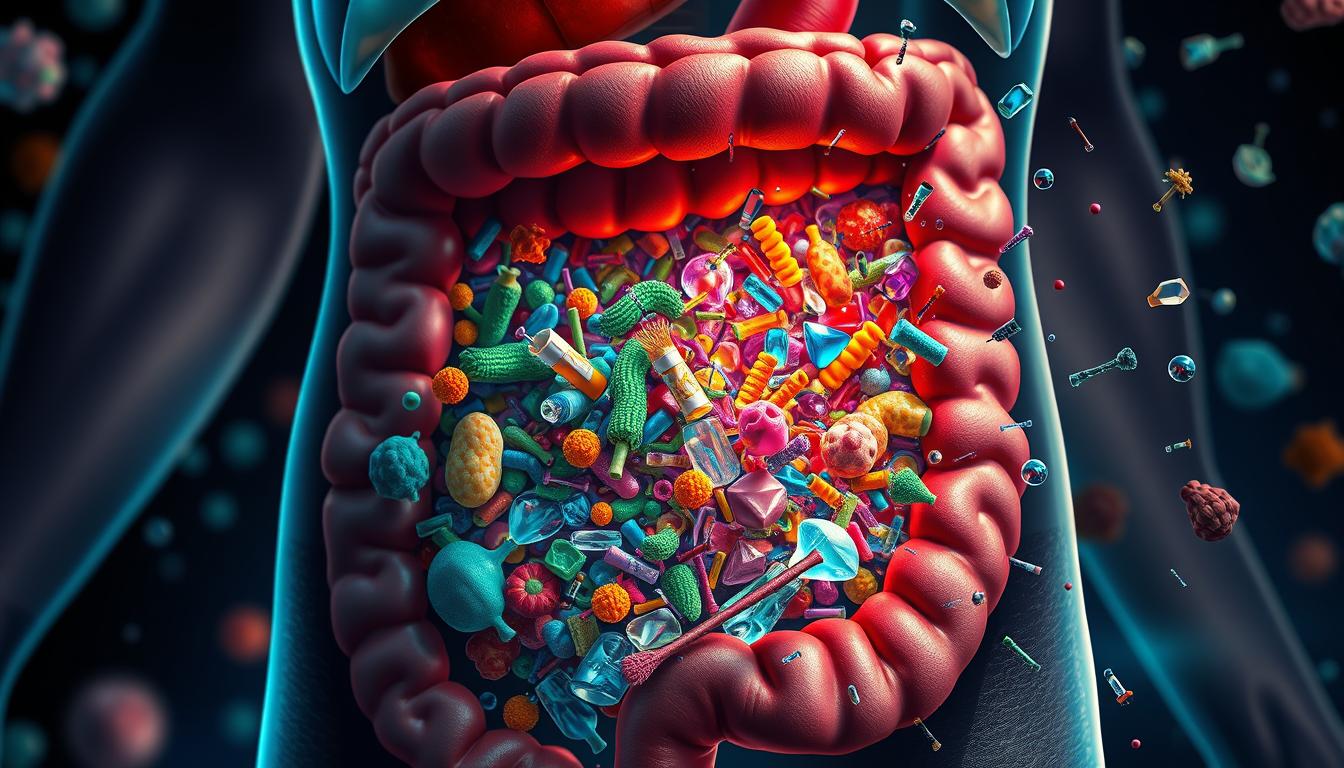
Gut Microbiome Disruption from Microplastics
When you think about microplastic pollution and your health, it’s key to know about the gut microbiome. This part of your body is vital for
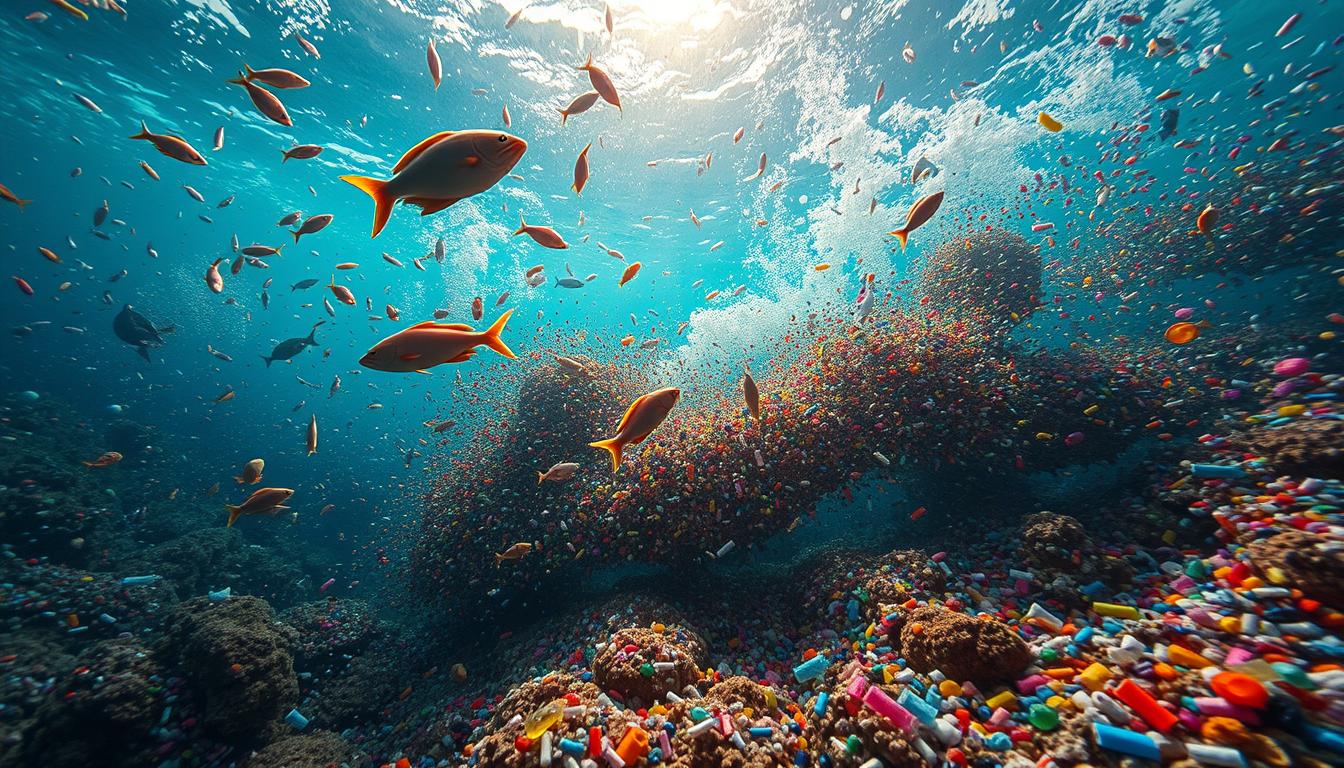
The Impact of Microplastics on Oxidative Stress Revealed
Microplastic pollution is a big worry because it’s everywhere and can harm us. It leads to oxidative stress and exposure to harmful toxins1. You can
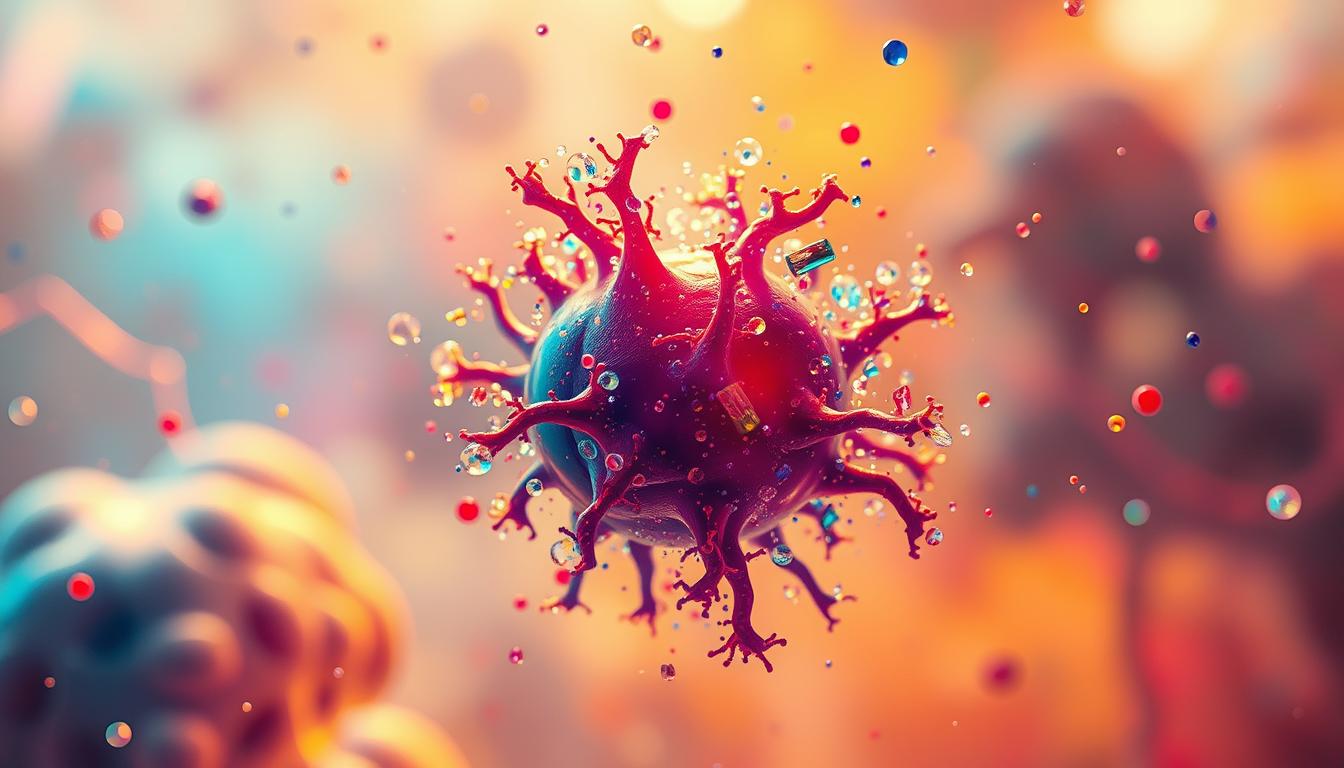
How Microplastics Could Disrupt Your Hormones
Microplastics are a big worry now, affecting our environment and health. They can mess with our hormones, which is bad news due to pollution1. Over
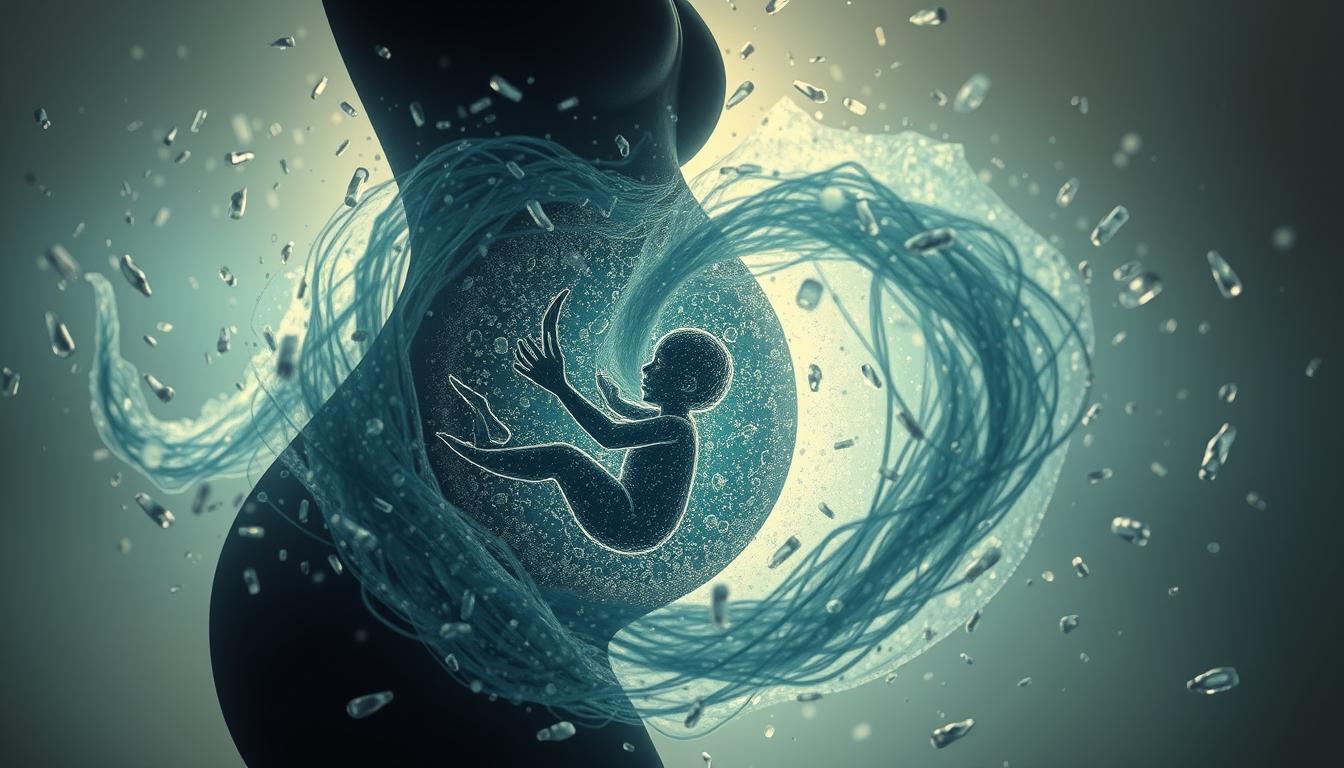
How Plastic Exposure Affects Fetal Development
Understanding the risks of microplastic exposure on fetal development is key. Bisphenol A, found in plastics, can harm the endocrine system during important growth periods1.
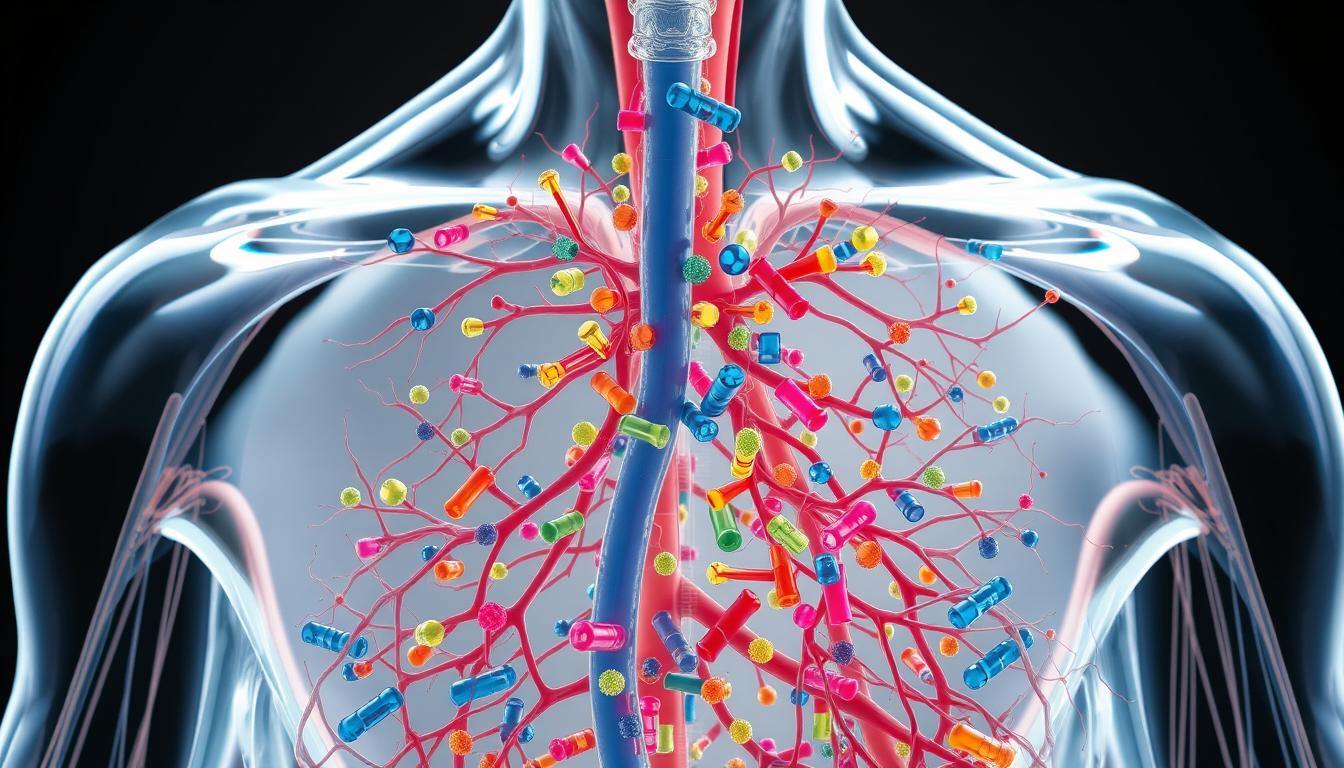
Exploring the Presence of Microplastics in the Human Lymphatic System
Thinking about how microplastics affect our health is key. We need to know how much they’re in our environment and how they might harm us.
Are You Ready to for transparency?
Download Bye, Microplastics AI today and take the first step towards a healthier, microplastic-free lifestyle.